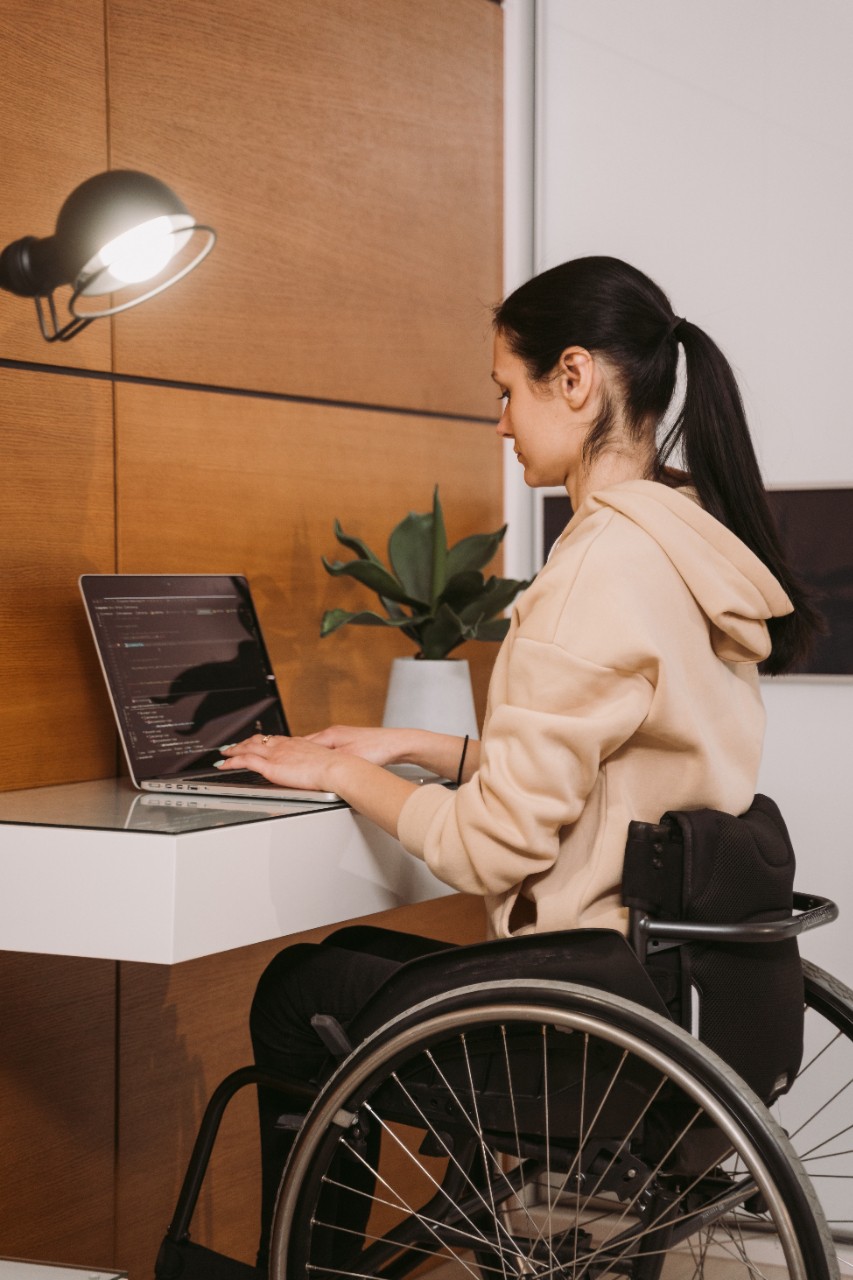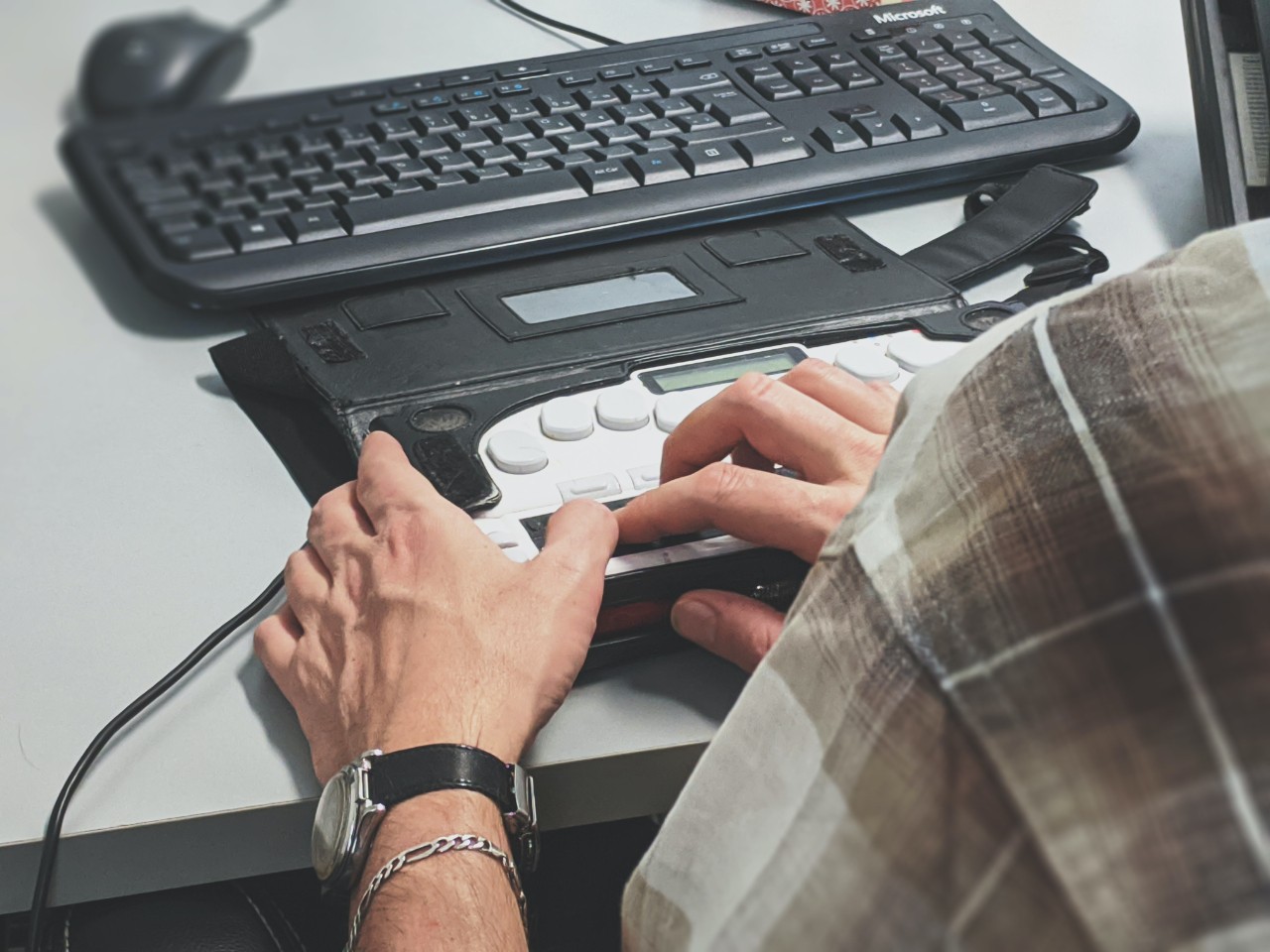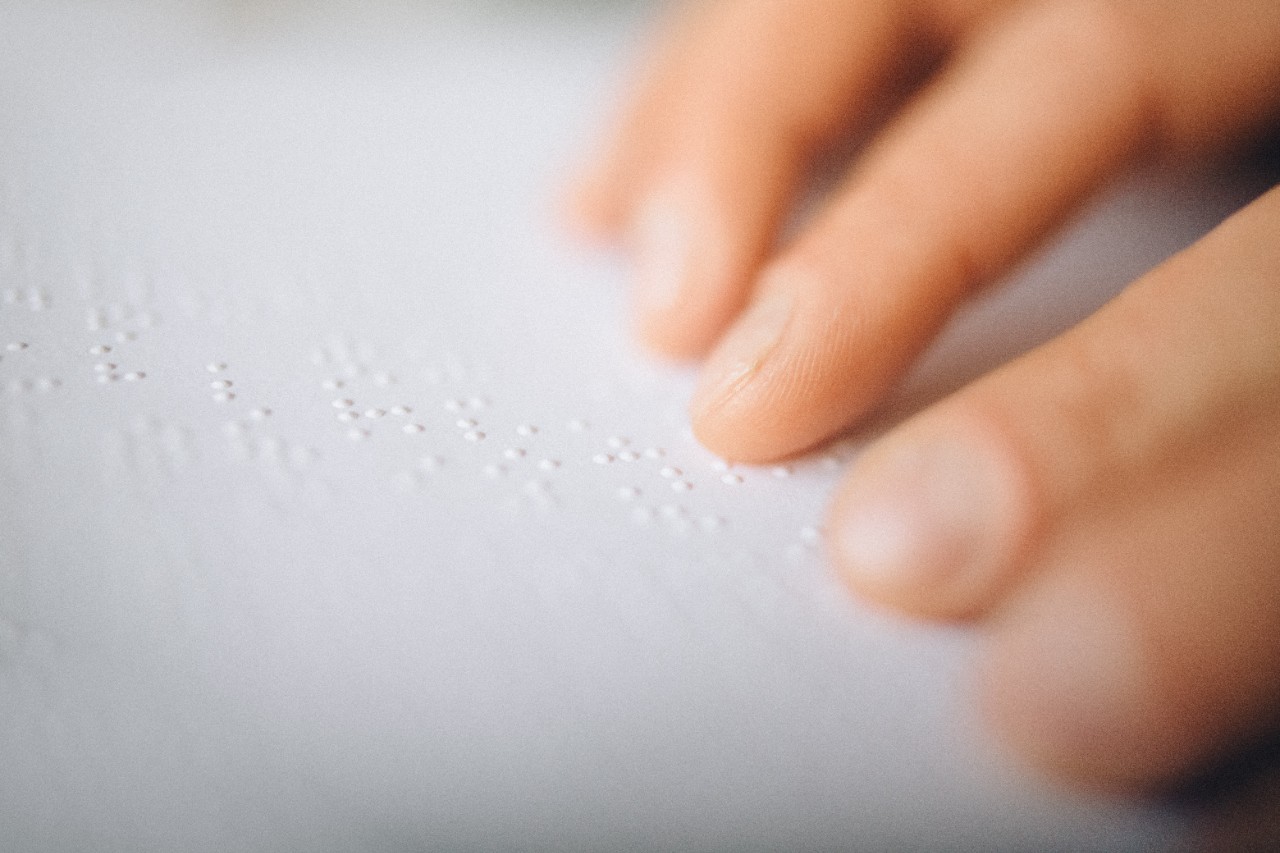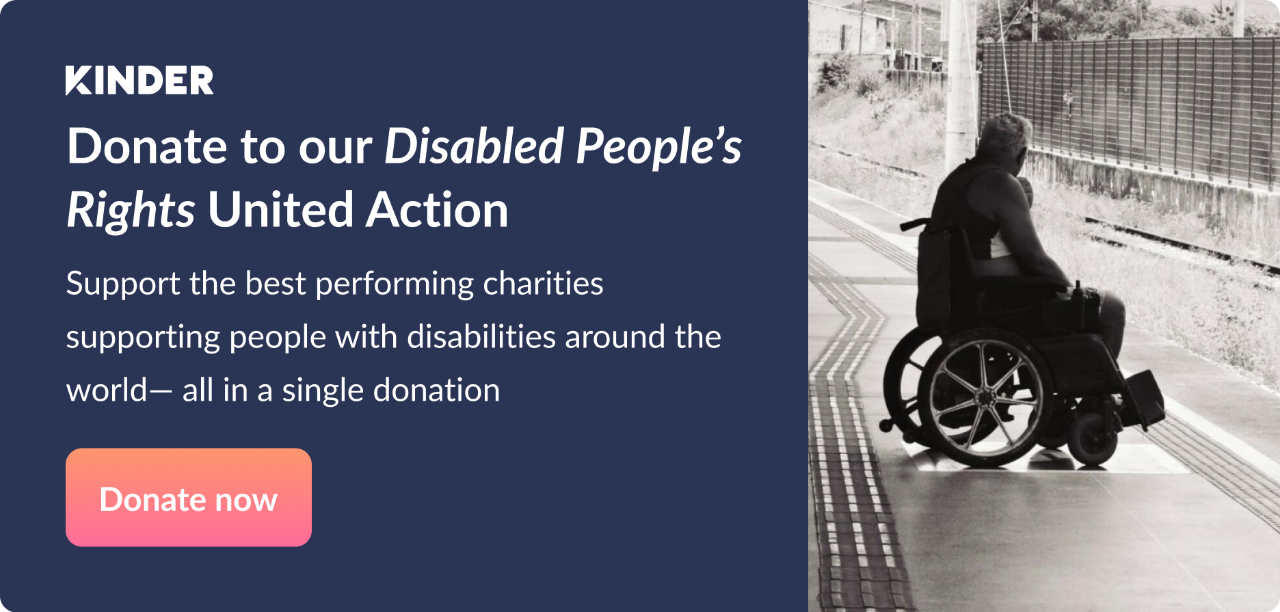For most people, the first lockdown involved panic buying, reading a bazillion articles on avoiding lockdown burnout, and finding 30+ things to do at home. For me it was cooking a meal, watching TV, and ignoring the bazillion articles! They contained rookie advice in my eyes.
Due to my disability, I had already lived through ‘lockdown’ — with multiple hospital appointments, and summers spent locked inside my own bed, recovering from yet another operation. I already know how to stop COVID-19 from affecting me. Life’s setbacks had prepared me for this moment. In fact: 20% of the population was prepared for this. We were used to missing out on normal life for months on end— the rest of the world was just catching up. We were now the experts in a world that able-bodied people no longer understood.
Covid-19 had created a more accessible working environment for disabled people; with the increase in remote working, the flexibility in being able to ring up whenever, and ‘sick days’ being accepted. But also uncovered a lot of bad things about society. Namely, its views on the disabled and the chronically ill, opinions I thought had died out or were mostly ignored.

How remote working made some things better — yet exposed more problems
Before the pandemic remote working was niche and rare. Confined to our homes, it suddenly became easy to put into practice. Yet, many disabled people had been asking for provisions like Zoom to work from home for years; routinely throwing the equality act of 2010 at some poor HR person. Pre-pandemic, the absence of remote work and accessibility caused many people to quit work or education — despite being a fundamental human right.
Is the sudden acceptance of working remotely and flexible hours a bad thing? No. But, its sudden acceptance when able-bodied people needed it is. That these accessibility options could’ve been here long before a pandemic hit is. That disabled people’s needs are always bottom rung, until a ‘normal’ person needs them, is.
What stings is that accessibility is treated like something that is optional — but when it affects everyone — it’s necessary.
Even with that small changes in accessibility, the ‘Governors’ role in promoting disability employment in COVID-19 recovery strategies states ‘workers with disabilities doing home-based work face even larger wage gaps as a result of being more likely to be placed in lower-wage, remote positions compared to their peers without a disability.’
The wage gap between those with disabilities and able-bodied people working from home, promotes a damaging attitude. That those with disabilities should be grateful for work, or work for less. That we aren’t entitled to the same pay although there isn’t a difference in the quality or level of work we produce; simply in preconceived notions of ability.

Covid increased discrimination against disabled people
Accessibility problems exposed a small part of a horrible perception of disability within society. Because then the sentence ‘Oh don’t worry COVID just affects the disabled/elderly’ became the throwaway line used for comfort. (That shamefully I used at the beginning till I realised the meaning behind the line.) It signals the disabled and the elderly don’t matter, that we are expendable, that we are less!
It might bring comfort to those without diabetes, cystic fibrosis, or people under 60 but the fact that it's comforting to people because they haven’t noticed the horrifying notion behind the line gets to you.
Discrimination ranged from throwaway lines, to The Guardian reporting that hospitals across the UK were giving Do Not Resuccitate (DNR) notices to COVID patients with learning disabilities. Reading the report made me shiver. I couldn’t understand why people thought those with learning difficulties were worth not saving from COVID. They have the same right to live, they have the same dreams and wants, so what makes them less worthy of saving?
Reading the article made me (and many more people with varying disabilities) more anxious about getting COVID. Afraid that even though I am capable of just as normal a life as expected, a doctor or nurse would take one look at the fact my legs don’t work; pull the plug and not try to save me.

A second opinion
I’m not the only person to have observed discrimination against disabled people getting worse. I spoke to Melody Powell, a Twitch streamer and disability rights activist who told me ‘Pre-pandemic accessibility in society was just about at passing grade in my opinion. We had the bare minimum of rights to access shops and other buildings. Toilets and ramps were often only suitable for specific wheelchairs, and didn’t have suitable markings for visually impaired people.
Work and education were somewhat accessible — as long as you could sustain long periods out of the house— and only needed minimal physical support. It was a nightmare to get places to accommodate working from home due to fatigue or illness, which meant a massive backlog of things to do once you felt physically able to return.’
‘Now in 2021, accessibility within society has both improved and deteriorated. Working from home has finally become a reality for so many disabled people, meaning many more jobs and opportunities are attainable. Unfortunately this isn’t universal, as there are many different types of disability.
Remote work has caused many disabled people to feel excluded because of a lack in accessible technology. Those of us who are vulnerable to the virus are limited in our movements now. I am scared to enter shops and buildings as I do not know whether they have disinfected surfaces enough to keep me safe.’
And societal opinions on disability? ‘They’re worse. Disabled people are now seen as more of a burden and inconvenience, because those of us vulnerable to Covid need extra safety measures. I also feel as though all disabled people are now seen as one being, with no awareness of any intersectional identities or different disabilities — just one entity.’

Recommendations to improve disabled people’s lives
I asked Melody how she thought we could stop discrimination against disabled people from increasing. She told me, ‘Non-disabled people can improve accessibility — and limit ableism in society — by listening to disabled people. Acknowledge that their thoughts and fears are just as valid as everyone else’s. Don’t be offended when somebody points out a misjudged comment or slightly inappropriate joke, but instead learn from your mistakes.’
She also gave suggestions for buildings and businesses: “to improve accessibility we need to change legislation around accessible buildings. Listed buildings need to be held accountable for their accessibility. They shouldn't be able to just say they cannot make any adjustments due to the age of the building.
We also need to ensure that technology is embraced within the work and school environment, —including adding any accessibility resources needed. I would also like to see a greater understanding of the importance of hygiene for those of us with weakened immune systems and chronic illnesses. It should not be too much for us to ask to feel safe to leave our house and live an average life.’
To add to this, I would recommend better training for staff in stores; and cab drivers — so they don’t reject people who need assistance from a guide dog. Although it is law, many places still reject visually impaired people from entering their businesses or cars with a guide dog.
Most of these ways to help start with just listening to disabled people — and understanding that disability is a spectrum of needs, and adaptations. Because ultimately, what we are taught about illness and what disability is often wrong. My wish is for people to open their minds, and start listening. Because if anyone is going to have the right information, it’s us.





